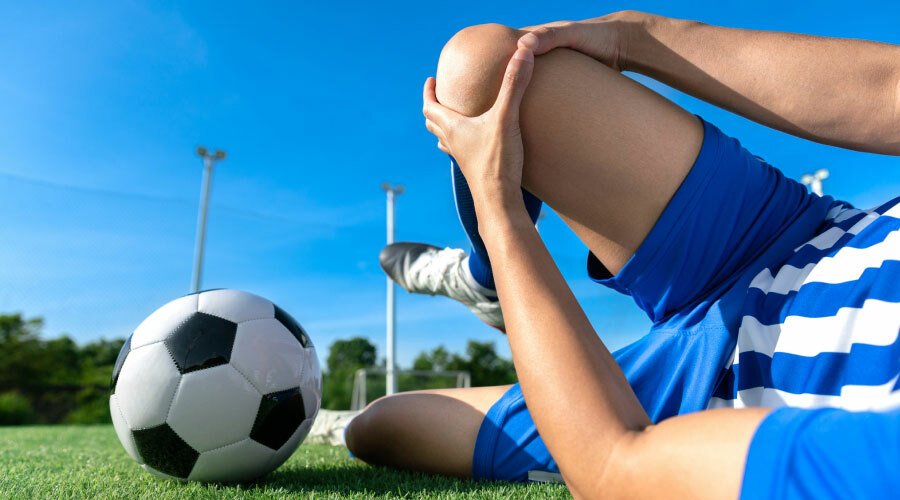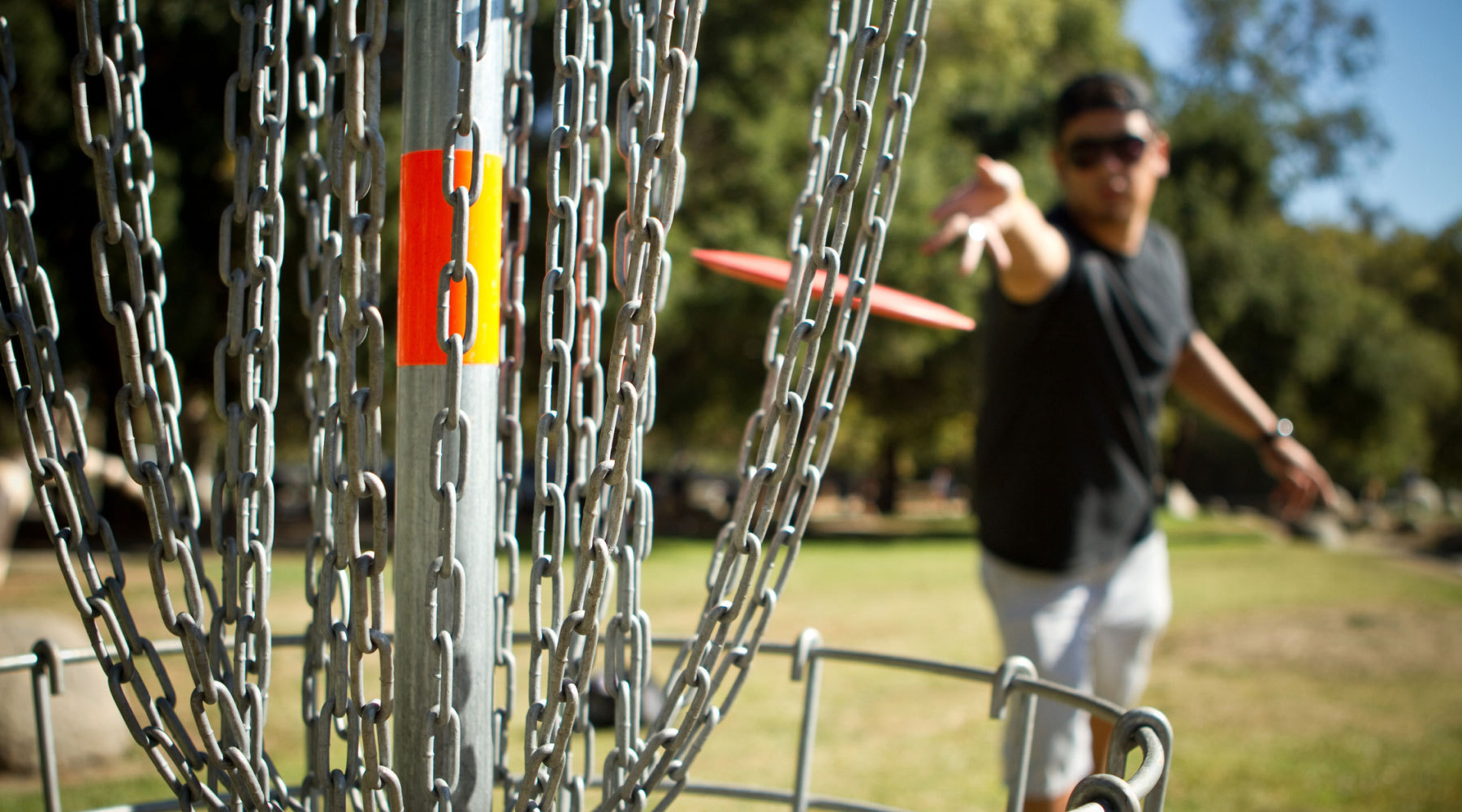
Whether you’re chasing after a soccer ball, rounding the bases, or dribbling in the driveway, physical activity is something to cheer about—especially during National Sports Safety Month!
At Access Sports Medicine, we’re here to help athletes of all ages stay active, healthy, and on the field. Whether you’re aiming for a championship or just kicking a ball around the park, these tips are designed to keep you injury-free and on the move.
1. Warm Up the Right Way
Jumping into a game or workout without warming up is like asking your car to go from 0 to 60 without starting the engine. A proper warm-up prepares your body for exercise by increasing circulation, improving flexibility, and activating key muscle groups.
- Start with 5–10 minutes of light cardio, like jogging in place or doing jumping jacks, to gradually raise your heart rate.
- Add dynamic stretches such as walking lunges, leg swings, and arm circles to loosen up your joints and muscles.
- Save static stretching (holding a stretch) for the end of your workout. Doing it beforehand can reduce performance and increase your risk of injury.
Making warm-ups a non-negotiable part of your routine is one of the easiest ways to boost performance and stay safe.
2. Wear the Right Gear
Protective equipment isn’t about fashion, it’s about function. Wearing the right gear can significantly reduce your risk of injury, but only if it’s sport-specific, well-fitting, and in good condition.
- Helmets help prevent concussions in sports like football, hockey, and cycling.
- Mouthguards protect your teeth and jaw in contact sports such as basketball and martial arts.
- Proper footwear matters, too. Choose shoes with the right support and traction for your activity, whether you’re on turf, court, or track.
- For younger athletes, check gear regularly to make sure it still fits. Kids grow quickly!
Don’t wait for equipment to fall apart. A cracked helmet or worn-down cleats could turn into a serious injury risk.
3. Don’t Skip Rest Days
Hard work is important, but so is recovery. Overuse injuries like shin splints, tendonitis, and stress fractures often result from not giving your body enough time to rest.
- Schedule at least one rest day per week to allow muscles to repair and rebuild.
- If you or your child plays multiple sports, try to avoid overlapping seasons to reduce repetitive strain on the same muscle groups.
- Know the difference between soreness and pain. General soreness is normal after a tough workout; sharp, persistent pain is your body’s way of saying something’s wrong.
Rest isn’t laziness—it’s smart training as your body gets stronger during recovery.
4. Emphasize Technique
Mastering proper technique not only improves performance, it also reduces your risk of injury.
- Repeating movements incorrectly can cause strain and long-term damage.
- Work with a coach, trainer, or physical therapist to learn the right form for your sport.
- If you’re new to fitness, take time to learn the basics before adding weight or intensity.
- Remember: “Practice makes permanent.” Practicing the wrong way builds bad habits, so focus on doing it right.
Proper form leads to better results, safer training, and fewer injuries over time.
5. Stay Hydrated and Fueled
Your body is a high-performance machine. It needs the right fuel and fluids to function at its best. Dehydration and poor nutrition can lead to muscle cramps, fatigue, and slower reaction time, all of which raise your risk of injury.
- Drink water throughout the day, not just during practices or games. If you’re sweating a lot, consider electrolyte drinks.
- Don’t skip meals, especially before physical activity. A snack with protein and complex carbs—like yogurt and fruit or a turkey sandwich—gives your body the energy it needs.
- After workouts, refuel with nutrients that support muscle recovery and reduce inflammation.
Nutrition and hydration are just as important as your training routine—don’t overlook them!
This National Sports Safety Month, take the time to protect your body as much as you challenge it. While injuries can be part of sports, many are preventable with the right habits and preparation.
If you or someone you love has a sports-related injury, Access Sports Medicine is here to help. Our board-certified providers offer expert care, personalized treatment plans, and support to help you heal and get back to doing what you love.


